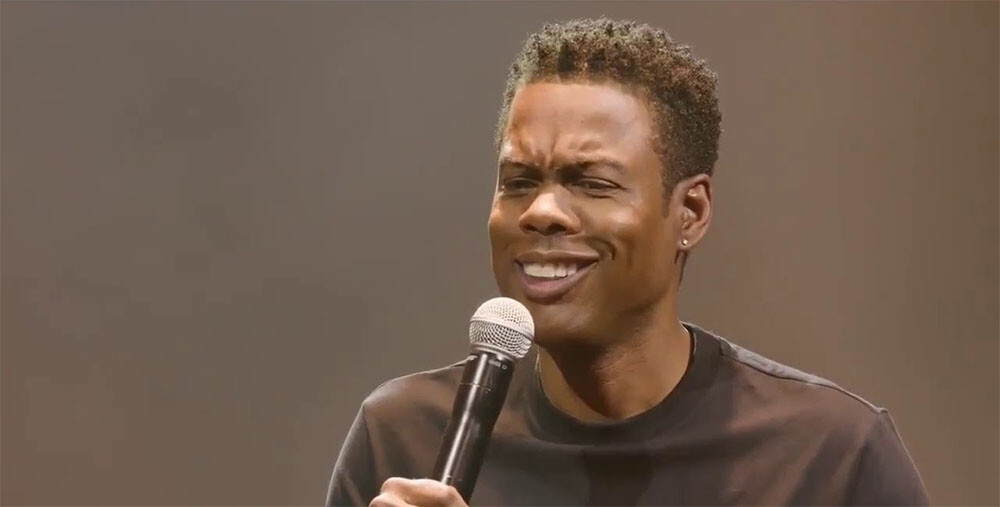Websites are devoted to booking comics who promise to keep it squeaky-clean. That makes sense if you’re in charge of entertainment for the dental hygienist convention, and you don’t want to lose your job over some stand-up riffing on varieties of prison sex.
Clean comedy has a reputation of being bland and watered down, a brand of humor practiced by the Morality Police. But a lot of mainstream comics have chosen to go the clean route as well -- not because they’re prudes but because they believe it makes the actual comedy better.

The Tonight Show with Jimmy Fallon
“It’s a style thing for me,” says Jerry Seinfeld, a comic who was known to drop a swear or two earlier in his career. “It’s not a question of not wanting to be offensive – it’s just my approach.”
But if he doesn’t have a problem with offending, why take all of the swearing out of his act all those years ago? “Even then [profanity] bothered me because I felt like oh, I just got a laugh because I said ‘fuck’ in there,” Seinfeld told Marc Maron on his ironically titled podcast WTF. “That’s the only reason they laughed at that. It’s just you didn’t find the gold.”
“Personally, I’ve never done an outrageously raunchy joke onstage,” says Bob Newhart in his autobiography I Shouldn't Even Be Doing This! “I just don’t feel comfortable with shock for shock’s sake. The trick is to come as close to that line as you can. That’s where the tension is.”
For Seinfeld, the math is simple: If a joke is solid, it should get a laugh without the F-word. If it doesn’t, then it’s the profanity that’s funny (or shocking or surprising), not the joke itself.

Comedy Central
Jim Gaffigan, another comic who used to swear but now works clean, agrees with that equation. “When I did curse in my act,” he says, “it usually indicated that I wasn’t done writing the joke.







